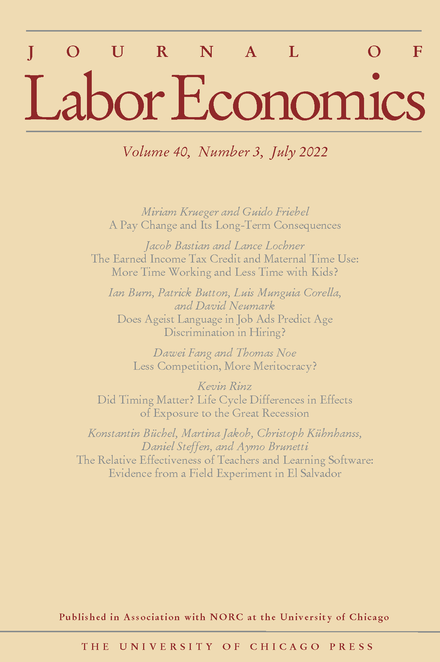Miriam Krueger, Guido Friebel, 2022, Journal of Labor Economics, 40 (3)
Abstract:
In a professional services firm, top management unexpectedly adjusted the pay of consultants in some divisions to the pay in other divisions. In this quasi experiment, fixed wages increased and bonuses decreased, reducing pay for the high performers and increasing it for the low performers. Individual outputs and efforts decreased by 30%, and attrition and absenteeism increased. The effects were driven by those who were rationally expecting to lose from the pay change. Observing a period of more than 3 years, we show long-term negative reciprocity of those affected but no negative selection effects of new hires.
In a professional services firm, top management unexpectedly adjusted the pay of consultants in some divisions to the pay in other divisions. In this quasi experiment, fixed wages increased and bonuses decreased, reducing pay for the high performers and increasing it for the low performers. Individual outputs and efforts decreased by 30%, and attrition and absenteeism increased. The effects were driven by those who were rationally expecting to lose from the pay change. Observing a period of more than 3 years, we show long-term negative reciprocity of those affected but no negative selection effects of new hires.


